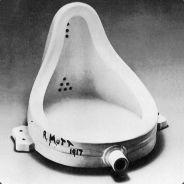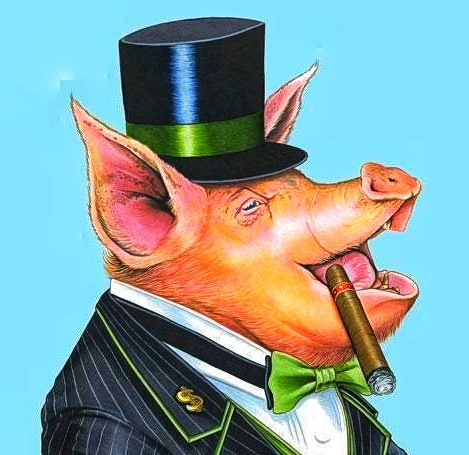ive always thought markets and capitalism were the same thing and markets were inherent to capitalism, but now im reading things that say they're not? Is this accurate? What's the difference? Can markets exist without capitalism, and vice versa?
Markets are a method of resource distribution that predate capitalism and are rooted in the division of labor that originated with the OG agricultural revolution.
Capitalism is a particular economic arrangement that relies on markets and evolved out of feudalism and mercantilism.
It's accurate to say that capitalism cannot exist without markets, but markets can exist in any class society.
Slaves were sold in markets, medieval towns had markets and some comrades advocate for market socialism. The main thing of "market" as i understand it is that you rely on the consumer signal (the so called price signal) at each point of exchange to allocate inputs and outputs of production.
Capitalism is defined by the private ownership of the means of production for profit seeking, irrespective of relying on markets.
Markets are a social technology for exchange, be it personal and on the basis of inherent credit between community members or impersonal and operated with currency.
The Market as it is referred to by capitalists is a quasi-religious concept, something that is entirely enacted by humans but maintains some sort of abstract mechanism of operation via belief. The Market is self reproducing as a social system of belief that capitalist economics is roughly equivalent to a moral "best case" and that if you're suffering you are individually responsible. Etc., etc., etc.
Why would they be same thing?
Unless you subscribed to non-marxist theory of profit, profit extraction doesn’t occur at the point of sale
Markets existed under feudalism and slave societies, and will exist under socialism. They are simply social mechanisms for exchange. The mode of production (capitalism etc) is defined how things are produced, not sold. Of course there is "primitive" communism and Communism itself which do not have markets as such, but without turning to small band hunter gatherer society or overthrowing capitalism and subsequently struggling within socialism to abolish the state and money, markets will be unavoidable for now.
Giovanni Arrighi has some interesting things to say about this in The Long Twentieth Century, in either the Intro or Chapter 1 (whichever one is a long summary of the book).
In particular, he comments on the work of Fernand Braudel, who views the circuits of modern commodity exchange as consisting of three layers: The production layer, market (exchange) layer, and capitalist layer. He viewed the capitalist layer as sitting above the market; it is a set of social relations erected so that the market layer could be shaped by capitalists, in order to more tightly control the process and siphon more surplus
It’s a good read, worth downloading from libgen for that chapter alone
Large markets are a part of capitalism, you can't have socialism with law of value and generalised commodity production characteristics
I'm a little confused about this myself. I've heard arguments along the lines of: if there are markets, that implies people are buying things, which implies they have money, which implies wage labour, which implies capitalism. But my understanding is that the bigger difference between capitalism and socialism is who owns the capital, not necessarily the presence or absence of markets.
who owns the capital
Yeah that's what I understand the difference to be. It doesn't really matter if I sell my spoons for money instead of accepting a trade of equal value as long as I own the spoon machine and there's no spoon baron breathing down my neck








